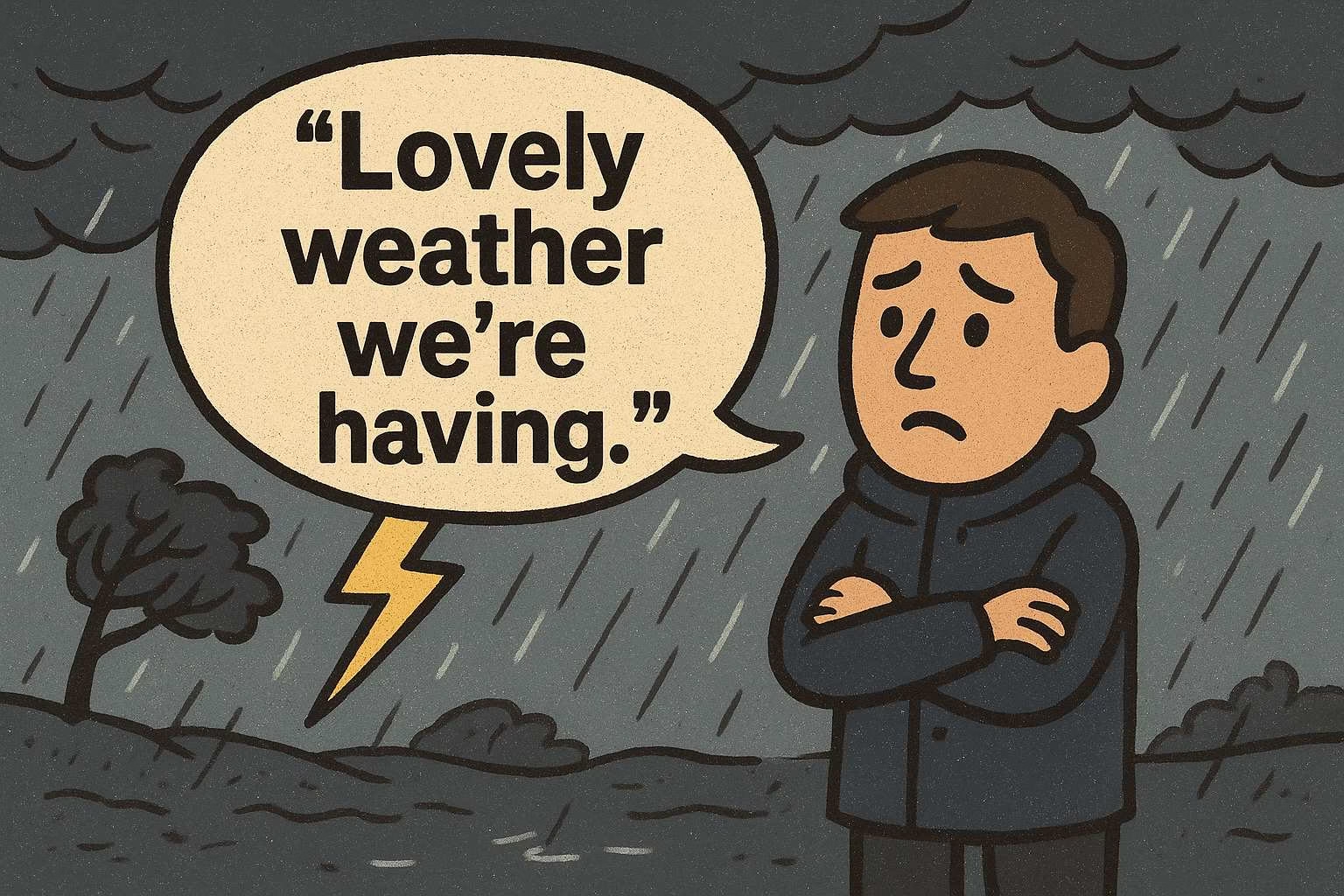Introduction
In 1995, singer-songwriter Alanis Morissette released the song Ironic. In it, she describes various scenarios that she labels as ironic—from a pardon granted two minutes too late, to the oft-repeated image of rain on a wedding day. Strictly speaking, the latter is not ironic at all—perhaps simply unfortunate—but I digress.
Irony, in its many forms, is a vital part of good storytelling. Since the Bible is the grand story of redemption told by the Greatest Storyteller, we should expect irony to appear throughout its pages. Yet in Scripture, irony is never merely a literary flourish. As Tremper Longman III observes in Literary Approaches to Biblical Interpretation:
“Irony in biblical narrative is more than a stylistic flourish; it is a theological device, highlighting the futility of human pride and the sovereignty of God who overturns expectations.”
One of the richest places where irony is on display is in the book of Exodus. Let us consider a few examples.
Tragic Irony
Tragic irony occurs when a character’s own actions boomerang back upon them. Pharaoh provides the clearest example. He hardens his heart, believing that stubborn resistance will secure his power and preserve his legacy. Instead, it becomes the very means of his downfall.
His magicians also fall victim to tragic irony. When Aaron and Moses unleash the plagues of blood and frogs, the magicians attempt to mimic them as proof of their power. Instead, they only worsen Egypt’s misery, ironically reinforcing Yahweh’s superiority.
Verbal Irony
Verbal irony appears when words are used in a way that reverses their intended meaning or introduces a subtle twist. In Exodus, this often arises in the verbal sparring between Yahweh and Pharaoh.
Moses enters Pharaoh’s palace with God’s command: “Let my people go, that they may abad (serve) me.” Pharaoh’s reply is dripping with irony: “Go and abad (serve) me instead.” Yet in the end, the words are reversed against him. After the final plague, Pharaoh relents and declares: “Go and abad Yahweh” (Exod. 12:31).
Cosmic Irony
Perhaps the most glorious irony in Exodus is cosmic irony—when divine sovereignty overturns human pride. From the very beginning, God is at work undermining Pharaoh’s schemes (Exod. 1:11–12, 15–20; 1:22–2:8). Every attempt to suppress Israel only leads to its growth. Every plot to destroy God’s people becomes the means by which His power is magnified.
Conclusion
Exodus is more than a gripping story; it is a revelation of God’s power and love as He rescues His people from bondage. In doing so, God sets the pattern for His greatest work and display of irony, which occurs in Christ—for this where the ultimate work of Satan is overturned and destroyed. And in so doing, redeeming His people.
Even now, God continues to write His story in the world. Irony still plays out in our lives, reminding us that human pride cannot thwart divine purpose. May we learn to see these reversals and praise the God who delights to overturn expectations for the good of His people and the glory of His name.

